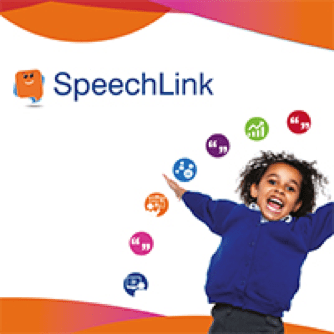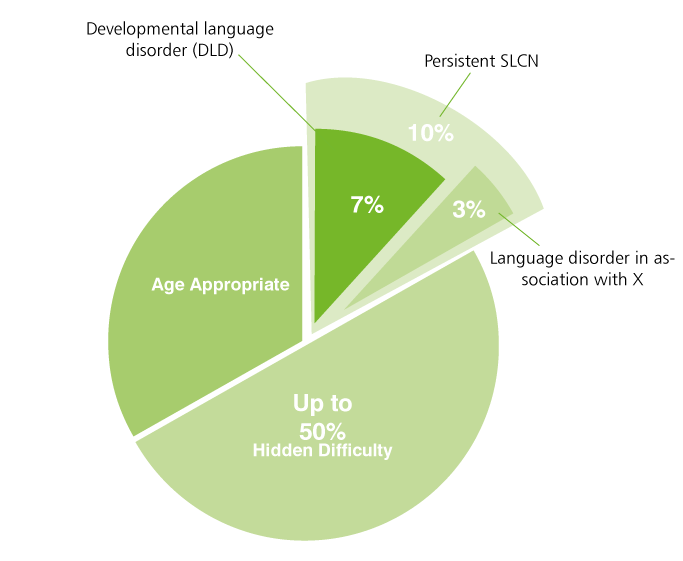
Speech and Language Link [SPEECH-LANGUAGE-LINK]
Empower Learning and Support Teachers, teachers and Teaching Assistants in their work with students with language and communication needs (SLCN) and indicate the need for further support for the child where required. This is done through screening, intervention, staff training and support which are all included in one yearly subscription.
Subscriptions
Click to browse products
Infants Language Link (Australia)
Junior Language Link (Australia)
Speech & Language Link School Bundle
Speech Link (Australia)
Good communication skills are linked to achievement and life chances. They are fundamental to every aspect of our lives affecting attainment, learning, literacy, social relationships, behaviour, mental health and ultimately employment and social mobility.
If we don’t understand what people are saying or we lack the vocabulary to explain ourselves and ask for things to meet our needs, it’s easy to become socially isolated or frustrated.
Around 25% of children starting school across Australia have poorly developed speech or language skills. That’s why it is so crucial to identify problems early and get the right support in place. With the right intervention we know it can make a huge difference to both individual students and society.

Around 7% of children in school have a Developmental Language Disorder (DLD) with a further 3% having language difficulties as part of another developmental problem, such as global delay or Autism. These children may have a specific difficulty with one aspect of communication or a combination of several. They will be individual, creative and just as clever as their classmates but their difficulties will be long-term and impact on every aspect of their school life.
That’s 2-3 children in every class with DLD. Instead, there is another group of children who also have speech, language and communication needs (SLCN). Children from disadvantaged backgrounds are more likely to have communication issues with over 50% of children in some classes needing support (RSCLT, 2023).
Language is often labelled as a ‘hidden difficulty’ due to complications in recognising students’ needs. Many students are adept at ‘masking’ their difficulties. Rather than the language problems themselves, staff and parents may notice students are slow to read, get into trouble at school, find it difficult to learn and struggle to make or keep friends.
If speech and language needs are not supported, the impact will be greater as the child moves up through school years. Children do not just ‘grow out’ of these difficulties. They fall further behind and miss out on valuable learning and social experiences. They can become anxious and withdrawn or masters of distraction by changing the subject all the time or expressing themselves through disruptive behaviour.
2/3 of students at risk of permanent exclusion from a mainstream secondary school have language difficulties and 81% of children with formally identified emotional and behavioural disorders have significantly below average language abilities.
(RCSLT, 2023).
The Impact
It has long been known that without the right support, students with SLCN risk a range of poor life outcomes.
Law et al (2017) highlight: “Children with language difficulties at age five were four times more likely to have reading difficulties in adulthood, three times as likely to have mental health problems, and twice as likely to be unemployed when they reached adulthood.”
At Speech & Language Link, we recognise the role that key individuals and systems play in enabling all students with speech, language and communication needs to reach their potential. Our packages support students to become successful and happy throughout school and beyond and enable school staff to make the best use of specialist advice.
Sample Reports






